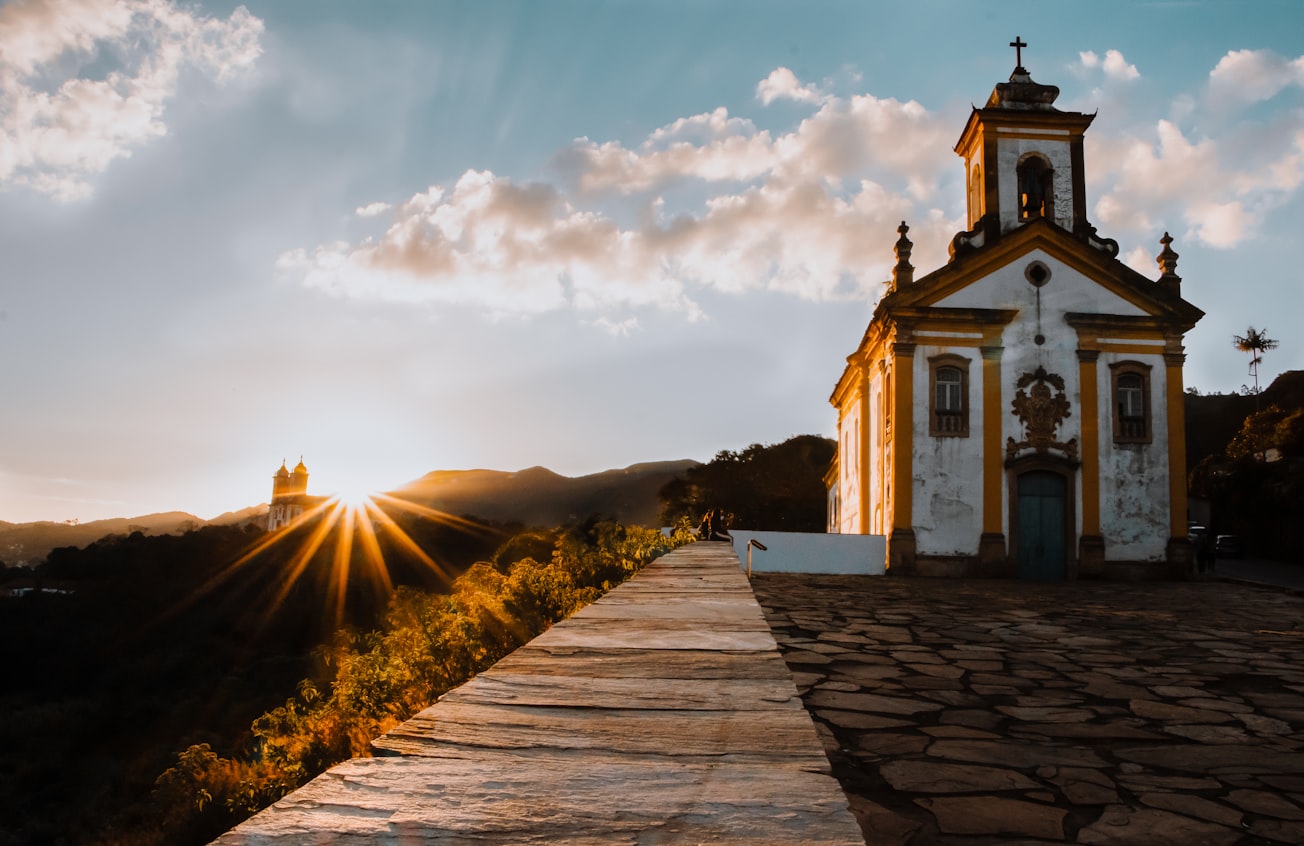What is it about?
This text explores how cities like Ouro Preto in Brazil manage events to promote tourism while preserving their cultural heritage. It discusses the impact of festivals on the local economy, community involvement, and the challenges faced in maintaining historical sites during large events.
Featured Image

Photo by Warley Dias on Unsplash
Why is it important?
Preserving the heritage of historic cities is crucial for maintaining their unique identity and attracting tourists. By hosting events like festivals, cities can boost their economy and provide opportunities for the local population to engage with art and culture. However, striking a balance between tourism development and heritage conservation is essential to ensure the long-term sustainability of these cities. Key Takeaways: • Festivals can be a powerful tool for promoting cultural heritage and economic development in historic cities. • Community involvement and stakeholder engagement are vital for the success of sustainable event practices. • Balancing tourism growth with heritage preservation is key to ensuring the long-term sustainability of historic cities. • Events like festivals can increase public awareness of cultural heritage and contribute to the local economy. • Effective management of events in historic cities requires collaboration between various stakeholders and local authorities. [Some of the content on this page has been created by Artificial Intelligence]
Read the Original
This page is a summary of: Sustainability of Events in Urban Historic Centers: The Case of Ouro Preto, Brazil, Tourism and Hospitality Planning & Development, May 2010, Taylor & Francis,
DOI: 10.1080/14790531003798302.
You can read the full text:
Contributors
The following have contributed to this page










